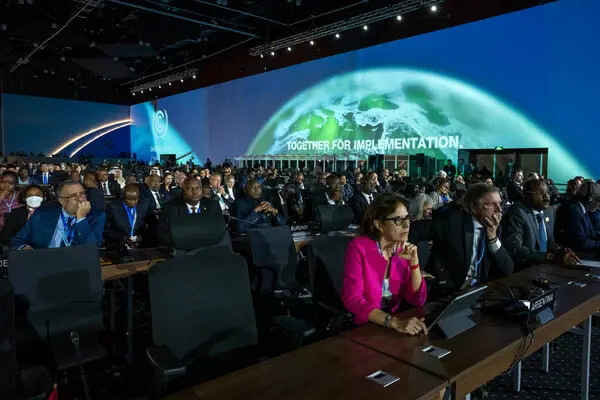Extreme weather events, rising sea levels, and unprecedented heatwaves have brought climate change to the forefront of global concerns. From floods in South Asia to wildfires in Australia and the western United States, the impacts are felt across continents, affecting millions of people and causing billions in damages.
The acceleration of these events highlights the urgent need for international cooperation and effective policy measures to mitigate environmental disasters and protect vulnerable communities.
International Summits and Commitments
Global leaders have convened in multiple climate summits to discuss actionable strategies. Commitments include reducing greenhouse gas emissions, investing in renewable energy, and transitioning away from fossil fuels. The United Nations Climate Change Conference (COP) emphasized binding agreements and accountability mechanisms to ensure nations adhere to pledges.
Despite progress, critics argue that global commitments often fall short of what is needed to meet the Paris Agreement’s 1.5°C target, and time is running out for impactful intervention.
Economic and Social Implications
The economic impact of climate change is substantial, affecting agriculture, tourism, energy, and infrastructure. Disrupted food production and water scarcity exacerbate global inequalities, particularly in developing nations. Insurance and disaster relief costs are soaring, prompting governments and businesses to reevaluate risk management strategies.
Socially, communities face displacement, health challenges, and loss of livelihoods. Climate migration is emerging as a critical concern, requiring proactive humanitarian and policy responses.
Technological Innovations and Solutions
Innovative technologies are playing a pivotal role in combating climate change. Renewable energy solutions such as solar, wind, and hydroelectric power are expanding rapidly. Carbon capture technologies, smart grids, and AI-driven climate modeling contribute to more effective mitigation and adaptation strategies.
Private sector participation, combined with public investment in sustainable infrastructure, is accelerating the transition to a greener global economy.
Future Outlook
Experts warn that immediate, coordinated action is essential to prevent irreversible damage. Policymakers, industries, and citizens must adopt sustainable practices, invest in resilient infrastructure, and prioritize environmental education.
The long-term success of climate action will depend on the global community’s commitment to enforceable policies, technological innovation, and cultural shifts toward sustainability.
FAQs
What is driving the current climate crises?
Human-induced greenhouse gas emissions, deforestation, and unsustainable industrial practices are primary drivers.
Which regions are most affected?
South Asia, Australia, North America, and small island nations face extreme weather, rising sea levels, and natural disasters.
What actions are global leaders taking?
Leaders are committing to emissions reductions, renewable energy investments, and binding international agreements.
How is technology helping combat climate change?
Technologies like renewable energy, carbon capture, smart grids, and AI-driven climate modeling support mitigation and adaptation.
What is the future outlook?
Immediate global action is critical; success depends on enforceable policies, innovation, and cultural adoption of sustainable practices.
Conclusion
The intensifying impacts of climate change underscore the urgent need for global cooperation, innovation, and accountability. While technological advancements and international agreements provide hope, decisive action at all levels is crucial to safeguard communities, economies, and ecosystems.
A sustainable future hinges on the world’s ability to transition toward renewable energy, adopt responsible practices, and implement long-term strategies that address both environmental and social dimensions of the climate crisis.

Leave a Reply